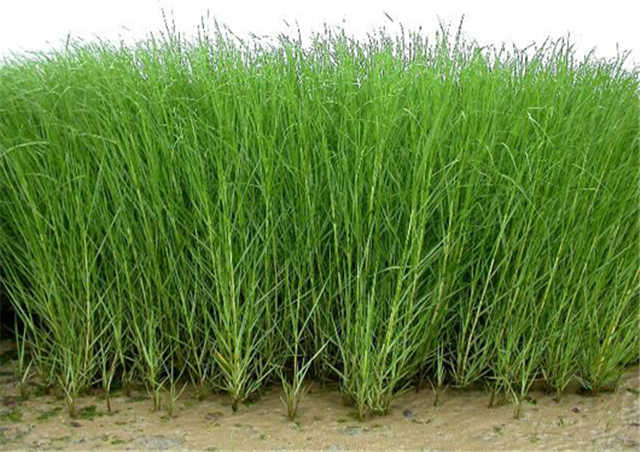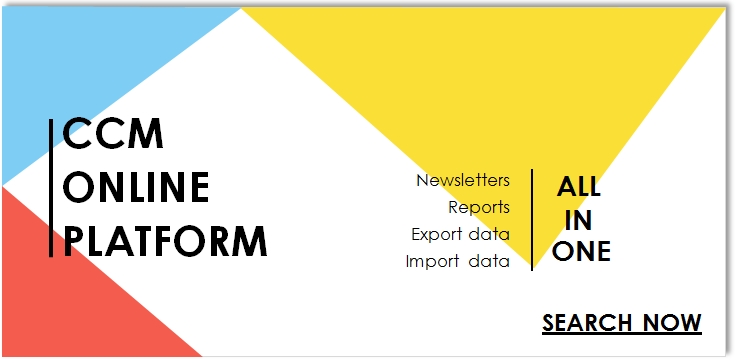At the end of May 2016,
Zhejiang Jinfanda Bio-Chemical Co., Ltd. (Zhejiang Jinfanda) increased the
ex-works price of glyphosate TC, which immediately generated echoes among the glyphosate
industry. Then in early-June, Anhui Guangxin Agrochemical Co., Ltd. also
announced its intention to raise the glyphosate TC price and together with
Zhejiang Jinfanda increased the prices by USD45.53/t (RMB300/t).

Source: Baidu
It should be
noted that this was the first time Chinese glyphosate enterprises actually
raise the ex-works prices in 2016 and industry insiders forecasted that the
supply-demand situation of the glyphosate industry will undoubtedly improve.
According to the 13th Five-year Plan for the Pesticide Industry, China will
continue strengthening the industrial concentration, improving the
self-innovation ability and technical equipment, adjusting and optimizing
product structure, protecting the ecological environment and saving resources
for the industry.
The country, in the meantime, will establish large-sized
pesticide enterprises/groups through merger & reorganization and
share-holding reforms. At the moment, some small-sized glyphosate enterprises
have suspended production due to overcapacity; consequently the process of
merger & reorganization is predicted to notably speed up, driven by related
policies.
At the same time, the glyphosate industry will be integrated at
higher speed, forced by the losses in the industry and those enterprises of large
scale and strong survival ability will gain greater power in pricing, which
will affect the current passive market condition.
Factors boosting the
glyphosate price:
1. Losses force enterprises to
increase the price.
Since the glyphosate price has
dropped to a historical low, most of glyphosate enterprises are suffering from
losses and, therefore, suppliers are willing to raise the prices especially
when the glyphosate price approached the cost line. According to the previous
two price circles of glyphosate, the price always drops for 3 years and, since
the glyphosate price has dropped for almost 3 years by now, suppliers have
started hoping to get the chance of raising the price again.

2. The increasing
environmental cost fuels suppliers' momentum to raise the price.
China is currently having the
glyphosate industry undergoing strict environmental requirement. Affected by
the environmental policies, part of the outdated capacity has been rectified
and some unqualified enterprises gradually exited the market. This occurs
because environmental factors are known to play a greater role in boosting the
industry integration, especially when driven by the supply-side reform.
3. The reducing supply volume
stabilizes the glyphosate price.
As the market remains
depressed for a long time, operating rates and inventories maintain a low
level. What's more, some glyphosate enterprises with small- and medium-scale
production capacity suspended production due to pressures from environmental
protection, which obviously caused a fall in glyphosate's supply volume.
Furthermore, the G20 summit to be held in Sept. will limit to some extent the
chemical production around Hangzhou City, Zhejiang Province, which is
inevitably going to affect the glyphosate industry. Glyphosate enterprises also
conduct summer maintenance from July to Sept. each year, which will further
reduce the supply volume.
4. Traders start to stock up
goods, pulling up the price.
"China's supply volume of
glyphosate is predicted to keep decreasing in H2 2016, and this will most
definitely stimulate purchasers to place an order or will increase
enquiries," forecasted some industry insiders.
5. The ban of paraquat AS will
make room for the glyphosate market.
From 1 July, 2016 onwards,
paraquat AS which occupies large market shares will be banned from the Chinese
market and, thanks to this, glyphosate, one of the major substitutes for
paraquat, will embrace a new boom.
Factors stopping the glyphosate
price from rising:
Since about 80% of glyphosate
is exported from China, the demand from overseas markets is crucial for the
industry. Nevertheless, the suggestion on renewing the glyphosate registration
put forward by the European Commission on 6 June did not obtain a majority of
support from the permanent commissions for animals & plants and food &
feed, consequently, the future of glyphosate still remains unclear in the
European Union (EU) market.
Although the sales volume of glyphosate in EU region
only accounts for a small proportion in the world's total, the EU's policies on
glyphosate still pose a large impact on other countries' policies.
So whether Chinese suppliers
will succeed in rising the glyphosate price or not remains to be seen.
This article comes from Glyphosate China Monthly Report 1606, CCM

About CCM:
CCM is the leading market
intelligence provider for China’s agriculture, chemicals, food &
ingredients and life science markets. Founded in 2001, CCM offers a range of
data and content solutions, from price and trade data to industry newsletters
and customized market research reports. Our clients include Monsanto, DuPont,
Shell, Bayer, and Syngenta. CCM is a brand of Kcomber Inc.
For more
information about CCM, please visit www.cnchemicals.com or get in touch with us
directly by emailing econtact@cnchemicals.com or calling
+86-20-37616606.
Tag: glyphosate